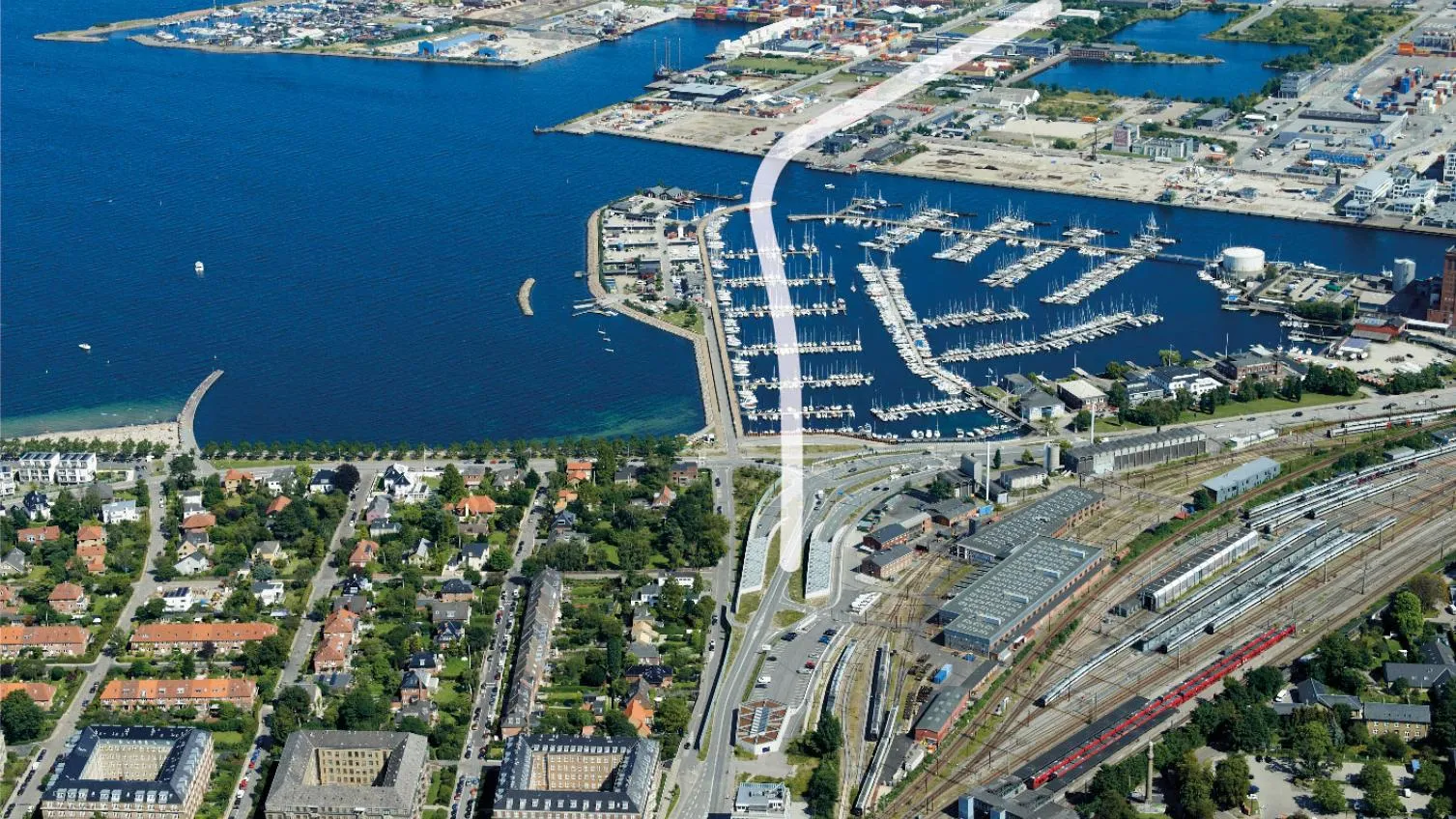The 21km bypass will connect the southern and northern parts of the surrounding Stockholm communities. It includes 18km of tunnelling and is expected to alleviate congestion for residents and visitors.
Michael Peter, CEO of
Construction is scheduled to be complete in 2026. The installation and testing of
The project stems from an agreement with the
The scope of the contract includes a control and monitoring system, which will control the safety functions throughout the tunnels. In addition,
Eltel Networks Infranet, a supplier of technical services for infrastructure networks, will provide installation work in the area.
Siemens to provide intelligent technology for Stockholm bypass
Siemens Mobility is to deliver intelligent tunnel solutions for a section of the European route number four (E4), the Stockholm Bypass, as part of a €75 million contract.
The 21km bypass will connect the southern and northern parts of the surrounding Stockholm communities. It includes 18km of tunnelling and is expected to alleviate congestion for residents and visitors.
Michael Peter, CEO of Siemens Mobility, says the southern tunnel will minimise environmental impact.
Construction is scheduled to be
December 3, 2018
Read time: 2 mins










